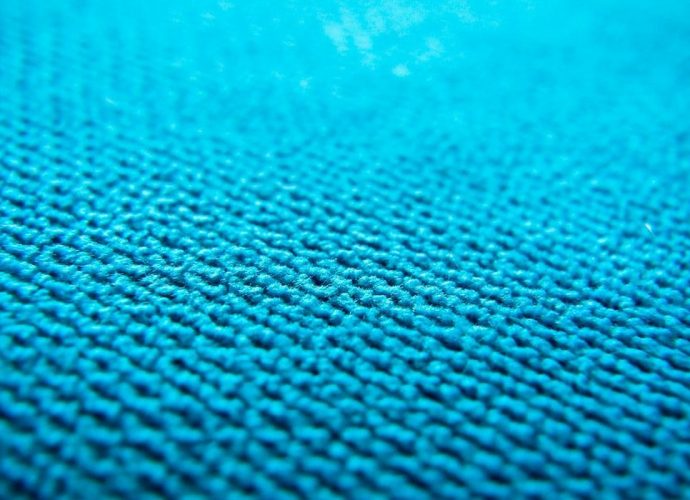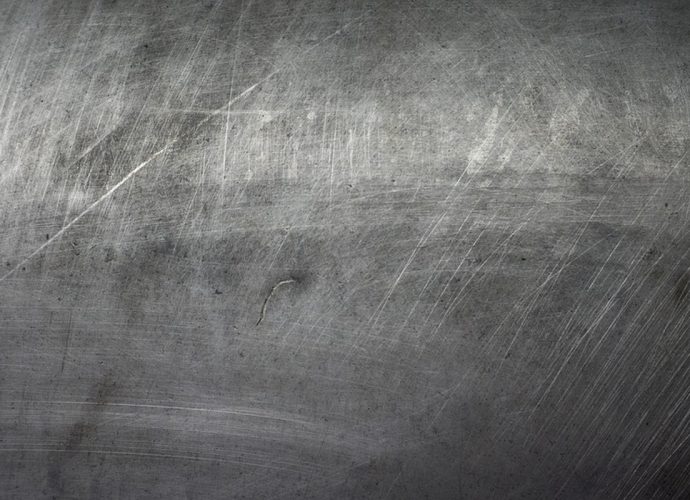Does Everyone’s Poop Float?
Normally, your stool should sink to the bottom of the toilet. This is because the contents of feces are typically denser than water. An intestinal infection or changes in your diet that introduce more gas into your digestive system, such as a high-fiber or high-fat diet, can cause stools toRead More →









